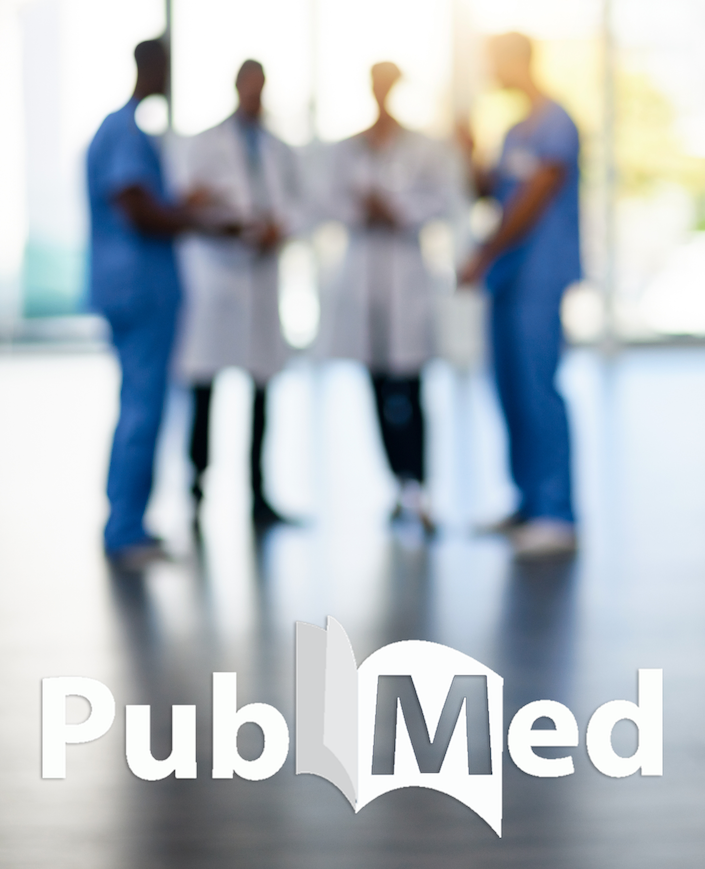Subbaraman, N. (2024/05/14/, 2024 May 14). Flood of fake science forces multiple journal closures; Wiley to shutter 19 more journals, some tainted by fraud. Wall Street Journal (Online) Retrieved from https://www.proquest.com/newspapers/flood-fake-science-forces-multiple-journal/docview/3054420392/se-2
WHSLA Members should have online access to the fulltext through Badgerlink at the link above.
In case you were wondering why this long-standing publisher is not what it used to be, it may have something to do with it's recent acquisition of Hindawi, a long-time known predatory publisher. The rash of retractions and fake science has caught up to them.
The extent of the paper mill problem has been exposed by members of the scientific community who on their own have collected patterns in faked papers to recognize this fraud at scale and developed tools to help surface the work.
One of those tools, the "Problematic Paper Screener," run by Guillaume Cabanac, a computer-science researcher who studies scholarly publishing at the Université Toulouse III-Paul Sabatier in France, scans the breadth of the published literature, some 130 million papers, looking for a range of red flags including " tortured phrases ."
Cabanac and his colleagues realized that researchers who wanted to avoid plagiarism detectors had swapped out key scientific terms for synonyms from automatic text generators, leading to comically misfit phrases. "Breast cancer" became "bosom peril"; "fluid dynamics" became "gooey stream"; "artificial intelligence" became "counterfeit consciousness." The tool is publicly available.





